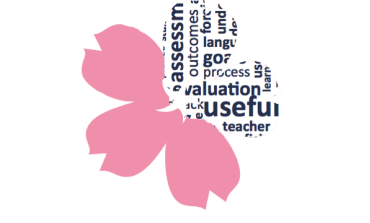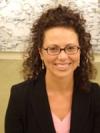GURT 2016

Dates: March 11-13, 2016
Location: Georgetown University
sites.google.com/site/gurt2016/
Theme: Assessment and evaluation offer considerable potential for helping educators understand, deliver, improve, and judge the effectiveness of language teaching, classes, and programs. On the one hand, assessment provides essential insights into the knowledge, abilities, and dispositions of language learners and users for purposes ranging from admissions and placement decisions to the provision of learning-oriented feedback to the certification of job-related proficiencies. On the other hand, program evaluation provides a framework and methodology for educators and other stakeholders to design educational experiences, illuminate how and how well they are realized, understand constraints and other factors that affect educational effectiveness, and determine the value and impact of language teaching efforts on individuals and society. The quality of assessment and evaluation processes is determined not only by their technical merit, but increasingly in light of the uses to which they are put and the consequences that ensue for language learners, educators, and others. This conference focuses on the uses for assessment and evaluation in relation to language learning and teaching, with a primary emphasis on how assessments and evaluations are designed to maximize their usefulness as well as how the uses of assessment and evaluation impact a variety of stakeholders.
Conference Highlights
Speakers

Michael Kane (Keynote Speaker) | Educational Testing Service
“Making assessments useful in language education or ‘fine words butter no parsnips'”

John McE. Davis | Georgetown University
“Language program evaluation in contemporary language education: Current practices, future directions “

Richard Kiely | University of Southamptom
“Developing students’ self-assessment skills: The role of the teacher “

Lorena Llosa | New York University
“The relationship between language proficiency and content knowledge in the assessment of English language learners in schools”

